[Nine years earlier]
The sky was dark, and the air cool and sticky. We were outside now and that should have been a relief, but I only felt a greater sense of the gravity of our situation. Instead of a bright, hopeful sky, what look down on us was a sightless indigo void. There was nothing that could communicate with us up there, but its silence was deafening enough: we were on our own. Where the sky seemed impossibly distant, the air was intolerably close, clinging to my skin, which crawled with the humidity. It was the worst of both worlds, being both utterly forsaken and maliciously smothered.
“It’s funny—they did more to prepare the boats than us,” my friend remarked. He glanced over at me, the whites of his eyes flashing in the inky pre-dawn darkness. His tone was biting and bitter. He wasn’t laughing.
Below us, the marina stood in stark contrast to the land behind it. Water flooded past the beach, wove through the trees, and made its way into the buildings several hundred feet away. Meanwhile, floating docks, tall pilings, extra lines, and careful preparation ensured that many boats remained in the harbor, gently rocking back and forth. Some were obviously damaged, others were moved further up the shore, and several sank, only the tips peaking above the water, but many bobbed in place, having weathered the storm with only minor damage.
Days had passed with us locked inside one of those buildings with scarcely any food or water. The scientists, trainers, and other personnel hadn’t thought to prepare us to weather the storm. They didn’t even have the decency to stay behind. All of the years of their preaching about unity, loyalty, and doing good for the world were like acid in the back of my throat. We were left to die. Some of us did die. But the boats? They made sure the boats were okay. Where was the unity? The loyalty? The good that they so often spoke about?
The only consolation was that in tending to the boats, they had given us the means to escape.
“Let’s check them out,” I said.
My friend nodded and we began to fly down to the marina. He was more graceful than I, gliding down in a neat slope, whereas I more or less dive-bombed. With my DNA being spliced with a bat’s, it wasn’t that hard.
I landed on the dock, and my friend touched down silently behind me, neither his owl wings nor his light footsteps making a sound. The docks were made to rise with the tide, which looked to be what saved them. Even up close, there was damage, but very little that was catastrophic.
“If we split up, we could probably find one we can use faster.”
I grunted in agreement and nodded to my left. “I’ll take this side.”
“Sounds good.”
Even after the betrayal of the people who both made me and raised me, it felt transgressive to be on the docks. My heart was beating fast. I kept looking around, almost expecting someone to appear ready to scold and punish us. We were trained to know how to use a boat—it was a skill we needed to know for the missions we would inevitably go on when we were older—but we mostly just used the ones in the lake. This marina, with its ocean access, was off-limits.
I carefully inspected each boat that looked like it could suit our needs. Unfortunately, just because the damage many of them sustained was minor, did not mean that they were ready to launch. They required repairs at the very least, and whether they could make the voyage at all was often questionable.
It was an hour or so before I heard my friend calling me from across the marina. I couldn’t quite make out the words he was saying but he sounded excited, and with my enhanced eyesight, I could see he was smiling. I wasted no time in flying over.
His grin was just as broad close-up, even as his face was flushed with perspiration and his hair stuck up at odd angles from where he ran his fingers through it.
“This one will work.”
The boat was a decent-sized fishing vessel, which bode well for dealing with however the seas decided to be. It had a cabin in the front, with enough room for us to move around without being too cramped, although there was no lower level. There was a toilet, and several places we could sleep. I did a second check to make sure everything was in working condition. It wasn’t fancy, but it would work.
“Looks good,” I said with a nod. “Let’s get the kids and the supplies—and get the hell out of here.”
---
[Present day]
Our family isn’t a nuclear family. There’s four of us—that seems like a normal enough number—and we have a nice ratio gender-wise, with two boys and two girls. But that’s about where the similarities end.
For starters, only two of us are related—my little brother, Parker, and I. He’s nine and I’m twenty-five. Niall is the oldest, beating me out by a year. Sybil is fourteen.
On top of not actually being related, there’s no way we could even convince anyone we were. Parker and I have a slightly darker than olive skin tone, with brown hair and brown eyes. Niall looks like he could probably be an angel in some European masterpiece, and Sybil is Asian. We’re a picture of diversity, but there’s no way anyone would believe we’re biologically related.
The cover story is that we were all in a group home together, and Niall and I adopted the younger two once we were of age. It’s a convenient explanation that makes its less likely for people to wonder and ogle. More conspicuous than we’d like, but it isn’t like we have much of a choice about that.
We live simply, which is relatively easy to do when you live in the middle of nowhere. I work at a florist’s and Niall is a farmhand. The kids go to school.
Normal, all things considered—which is about as much as you can want when you’re fugitives.

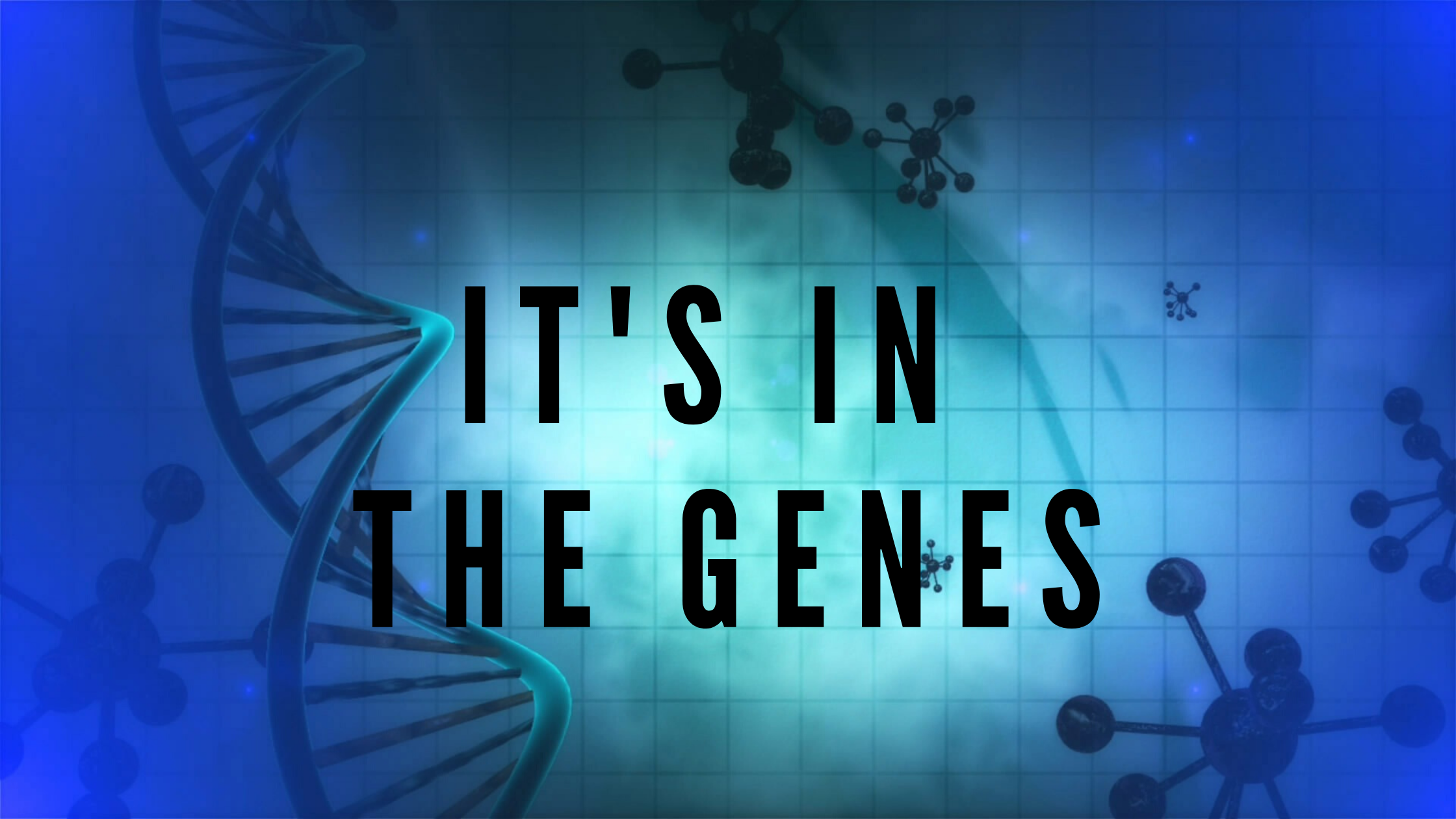
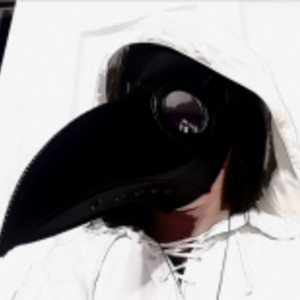
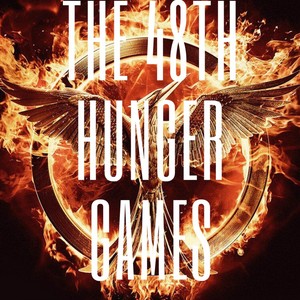





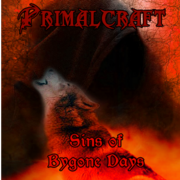

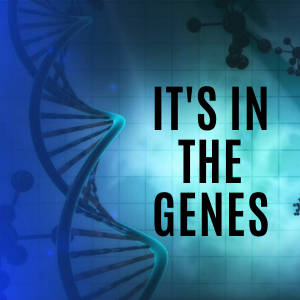
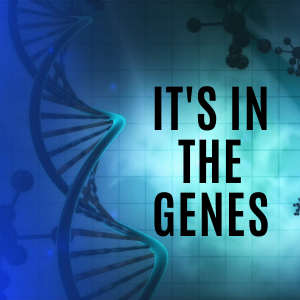
Comments (3)
See all